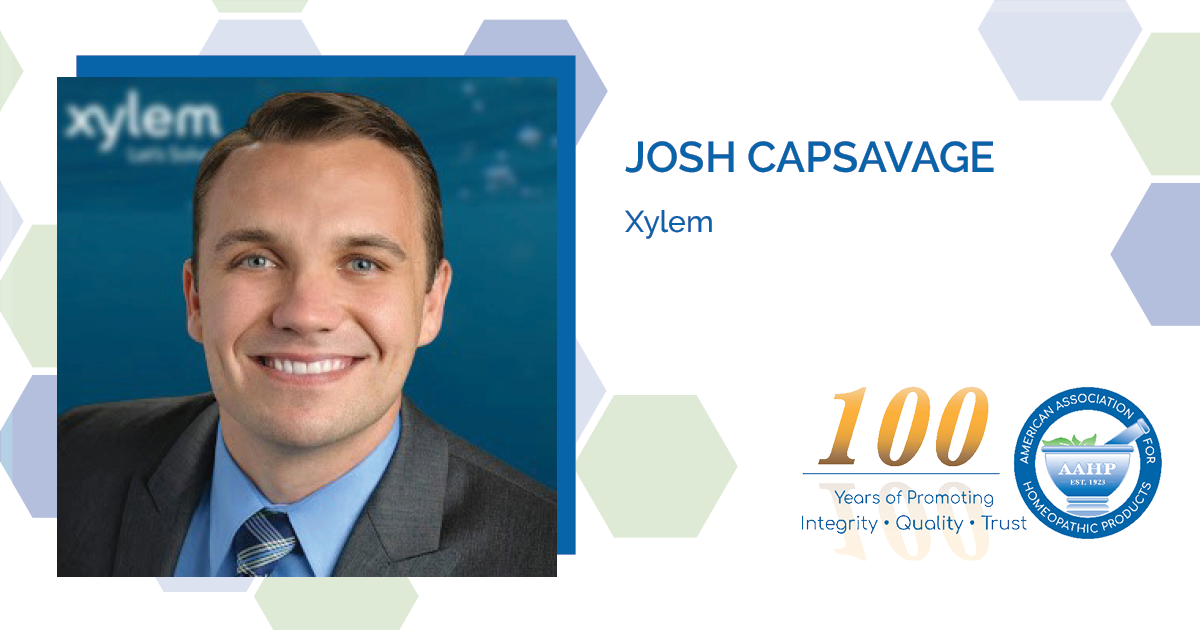Enhancing Quality in Homeopathic Water Systems: A Comprehensive Approach

By Josh Capsavage, Senior Business Development Manager, Xylem | Evoqua Water Technologies
In the wake of COVID-19, the homeopathic, nutraceutical and vitamin industries have seen unprecedented growth, accompanied by heightened scrutiny and regulation. As the sector expands, attention to ingredient sourcing, quality standards, and regulatory compliance has never been more critical.
One often overlooked yet crucial aspect is the quality and reliability of in-house generated ingredients such as purified water. Neglecting these can lead to significant quality issues. It's essential to conduct routine evaluations of equipment components, maintenance practices, and industry trends annually to uphold product integrity.
Analyzing Feed Water: The Foundation of Water System Performance
A fundamental step in ensuring water system performance is laboratory analysis of feed water. Each facility's water quality varies, necessitating a tailored approach to system design. For homeopathic water systems, focus typically revolves around key contaminants in feed water:
- Conductivity: Provides insight into total ionic load, guiding the design of pre-treatment, reverse osmosis, and deionization systems to meet stringent quality requirements. Depending on the levels which can range from ~150uS – 1500uS across North America, a series of pre-treatment, reverse osmosis and deionization systems can be merged to meet USP or site-specific quality requirements.
- Hardness: Indicates scaling potential, impacting the longevity of production equipment such as fill stations and kettles. Mitigating hardness prevents operational damage. While this is not a regulated quality specification, we are able to design the systems to lower scaling potential. Thus extending the life of equipment and increasing the reliability simultaneously.
- Chlorine and Chloramine: Levels dictate the selection of carbon filtration and prefiltration equipment, crucial for reducing bacteria and total organic carbon (TOC) in non-product areas.
- Total Organic Carbon (TOC): Baseline TOC levels inform the selection of reduction systems like carbon filtration or ozone to meet USP standards. TOC for the facility feed water. From this point, we can design a variety of reduction systems to meet the USP TOC requirements. These options include carbon filtration, reverse osmosis, ozone, TOC destruction UV systems to name a few.
Flow Rates and Filtration Systems
Once contaminant levels are established, determining flow rates for production is essential. Systems must meet both instantaneous demand (Gallons Per Minute - GPM) and total batch size requirements. Adequate sizing of filtration systems ensures uninterrupted production flow.
Storage tank sizing is also critical, typically ranging from 1.2 to 1.5 times the production batch size to accommodate operational needs effectively.
As a presenter at AAHP's June 12, 2024 Water Treatment Systems half-day seminar, this author addressed the following topics:
- Bacteria and microbiological control methods.
- Dead-leg mitigation.
- System sanitization processes and frequencies.
- Common system designs and facility applications.
- Emerging challenges regarding water and homeopathic water filtration systems.
- Documentation, Traceability and Validation requirements.
For those seeking more information on suitable water system solutions for their facilities, Xylem Water offers many services and staff have worked with homeopathic manufacturers. Stay informed and ensure your facility meets the highest standards of water quality and regulatory compliance.
About the Author: Josh Capsavage is a seasoned expert in water filtration, boasting a rich background encompassing quality control, process validation, and the engineering and design of water filtration systems tailored for both allopathic and homeopathic pharmaceutical sectors. With more than 18 years of extensive experience in sales and cGMP practices, he specializes in turn-key engineering, installation, and qualification of pure water systems. Recently appointed as Senior Business Development Manager at Xylem Water, Josh directs his attention toward capital equipment and installation projects. Residing in California, Josh can be reached at Joshua.Capsavage@Xylem.com.
